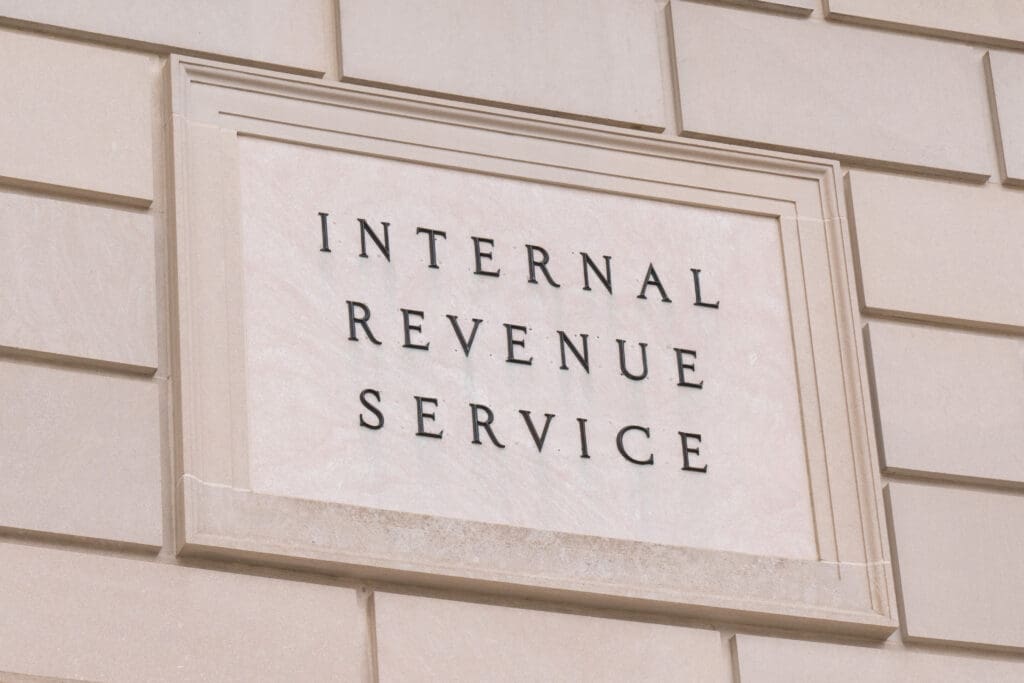Approximately 60 percent of Americans believe there are not enough hours in the day to complete their to-do list. Business owners are especially busy with responsibilities for building and maintaining operational and financial efficiency for their company.
The Internal Revenue Service (IRS) requires businesses to pay their taxes on time, but the agency does offer a way for authorized company members — or tax professionals on their behalf — to file an extension. How? By filing Form 7004 by the tax deadline and paying the estimated balance due.
Why Is Form 7004 Important for Businesses?
The official name for IRS Form 7004 is Application for Automatic Extension of Time To File Certain Business Income Tax, Information, and Other Returns. It enables certain businesses to request a six-month extension to file their tax returns. There are exceptions for certain filers of Form 1041 and C corporations with tax years ending June 30.
There are various reasons certain businesses might need to file an extension, including not yet having received their Schedule K-1, wanting more clarity on their tax liability or simply needing a little more time to get the necessary information compiled. Once an authorized member of a business files Form 7004, the extension is approved. The IRS does not send a notification of approval but will inform a business if an extension is disallowed.
There are a couple of important things to note here. First, when filing Form 7004, a business representative must complete the form fully and accurately, estimate the company’s tax due and file by the appropriate deadline. Second, receiving the extension from the IRS does not extend a company’s time to pay any estimated taxes due. Some states accept Form 7004 as an extension to file state taxes, but others mandate businesses to file a separate form.
As explained by the IRS, Form 7004 cannot be e-filed for
- Name change applications
- Reasonable cause for failing to pay timely
- Reasonable cause for failing to file application timely
- Requests for refunds
- Election to make installment payments for a portion of balance due amount
- Applications requesting extension due to change in accounting period unless prior approval has been applied for from IRS or certain conditions have been met. See Publication 538 (Accounting Periods and Methods) for further details.
- Applications with Net Operating Loss Carryback. Form 1138 should be sent separately and not with the 7004.
- Applications attaching a Form 2848, Power of Attorney and Declaration of Representative (POA). The POA should be sent separately and not with the 7004.
- Early filed returns (filed before end of tax period)
- Filing short-period extension due to termination of 1120-S status
- Extensions for Forms 706-GS(D), 8612, 8613, 8725, 8831 and 8876
What Types of Business Use Tax Form 7004?
This form serves as a tax filing extension application for:
- S corporations
- C corporations
- Partnerships
- Multi-member limited liability companies (LLCs) filing as partnerships
- Certain estates and trusts
Filing Form 7004 grants extensions on tax filings for businesses using Form 1120 (C corporations), Form 1120-S (S corporations), Form 1065 (partnerships) and Form 1065 (LLCs filing as partnerships.
What is the Deadline for Filing Form 7004?
The IRS mandates that this extension-granting form be filed on or before the due date of the applicable tax return, which can be found in the instructions for the applicable return.
For businesses filing Form 1120 and 1041, the deadline for Form 7004 is the 15th day of the fourth month after the business’s tax year ends. For entities using Forms 1065 and 1120-S, the deadline for filing Form 7004 is the 15th day of the third month after the business’s tax year ends.
What are the Penalties for Not Paying Business Taxes on Time?
As with most IRS deadlines, there are penalties for late payment of a company’s taxes. The agency charges 0.5 percent of taxes due for every month a business fails to make a payment. This penalty cannot exceed 25 percent of the amount due.
Again, there are a couple of exceptions to this rule. If a business correctly and accurately files Form 7004, there is no penalty assessed for late filing if the following conditions are met:
- The estimated tax shown on Form 7004 is at least 90 percent of the corporation’s tax liability for the year.
- Any balance of taxes due is paid before the expiration of the extension.
Form 7004: How We Can Help
Form 7004 is only one page, but that doesn’t mean it’s easy to complete. It is crucial that all necessary information be submitted in a timely manner. And, a separate Form 7004 must be filed for each return for which a business is requesting an extension.
Employing the knowledge and expertise of tax professionals helps ensure you accurately complete the required forms and are prepared in the case of an unexpected audit. StenTam Tax Services is a multidisciplinary tax technology firm dedicated to helping businesses like yours access available tax credits and incentives from the local, state and federal government. Working with our team means that every filing gets executed with a focus on compliance, and our proprietary software enables you to securely transfer information to our team with every transaction. Get started with us today!






